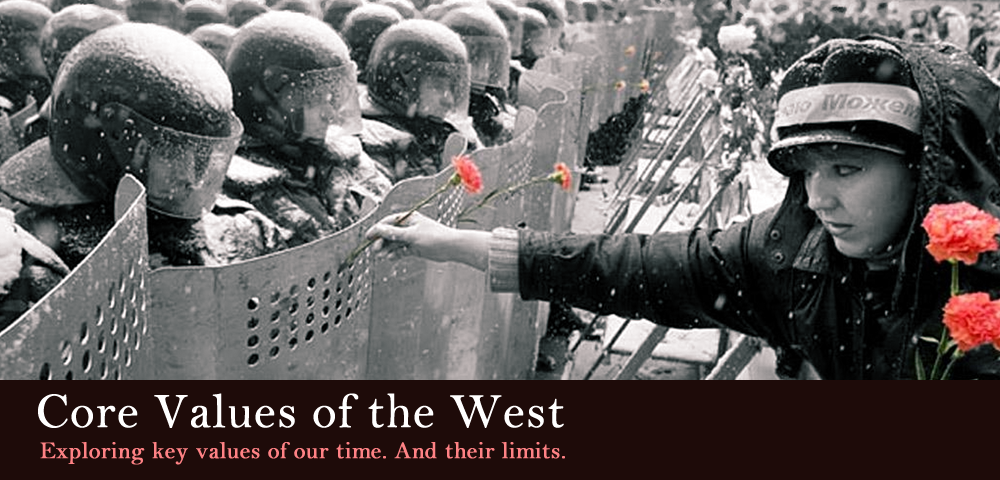By Dillon Corey (Equality under law) - As Stephanie sat in the lobby of Maryland’s Legal Aid Bureau, she was visibly distressed. Her mother had been living in an assisted care facility just miles from Stephanie’s home, but Stephanie alleges that her mother had been abused through neglect. Without the funds to pursue legal action, she desperately looked for legal assistance.
Stephanie’s story is representative of a struggle for millions of low income Americans who seek justice. In theory, we are all treated equally under the law, the result of a long-standing legal precedent and Constitutional protection. But this equality is an illusion.
The fact is, the poor in our society are disadvantaged before the law. While a defendant is provided a lawyer if they are unable to afford one in criminal trials, in civil cases, representation is up to the litigants. This creates barriers for low-income citizens, forced to navigate the civil legal system alone and suffer the consequences of confusion. We need sweeping reforms to provide civil legal services for all citizens.
Poverty impedes access to legal representation, preventing proper protections and undermining the equality that all citizens are supposed to share. And this doesn’t just hurt “the poor.” It hurts millions of low-income veterans, disaster victims, urban workers, and rural workers. Our neighbors. They face a lack of knowledge about their rights, legal services in their area, and trust in the legal system, on top of not having lawyers. These barriers not only damage the most fragile among us, but put an increased burden on society.
When the poor are unable to access legal services, they turn to more costly types of government aid and cease to fully participate in the economy. This happens when the government has to pay for emergency shelter for wrongfully evicted families, when victims of domestic abuse are treated in emergency rooms because they don’t know the legal steps to distance their partner, or when social services must make increased child support recoveries. Instead of having a legal system that mediates and prevents civil disputes, society is left to pick up the costs.
Better legal services are not just beneficial to the public good but to the economy. In Washington D.C., the DC Access to Justice Commission shows that for every one dollar of public funds invested in legal services, it provides four dollars in benefits. This follows a similar study in Texas that saw a $7.48 increase in consumer spending and a $3.59 increase in production of goods and services for every dollar spent on legal aid. Similar findings have been seen in other states as legal resources support strained social service networks.
But most important to the foundations of our society, having a class of citizens who are disadvantaged in the legal system makes our American claim to equal treatment under the law a platitude. When people participate in a legal system but do not understand their rights, equal treatment struggles to find just outcomes.
Fixing our broken legal system is a pragmatic cause on which both the left and the right can agree. For conservatives, civil legal reform provides spending reductions by easing a financial burden on expanding social services. For liberals, reform gives a way for the government to provide efficient services that will make a meaningful impact on the lives of millions of Americans. While addressing the legal service gap only combats the symptoms of underlying poverty, it is an important project for our society.
The most direct step to close the legal gap is an increase in government funding to legal services for civil cases. Public funds are currently available in some major cities, but are needed on a national scale, as private groups struggle to meet demand. Other avenues must also be explored; support for legal service non-profits, greater legal outreach into poor communities, and promotion of pro-bono work at law schools and firms.
Without reform, the civil legal system will continue to be unequal for America’s poor. Private sector solutions are currently unable to correct the systemic problems, and it is time for the government to act. In the current system, the poor become accustomed to accepting adversity and unfairness. We need to give them a reason to believe in the complete integrity of our legal system, for it is the foundation of our democracy. If even the weakest among us lack full access to a legitimate legal system, none can be truly equal.











